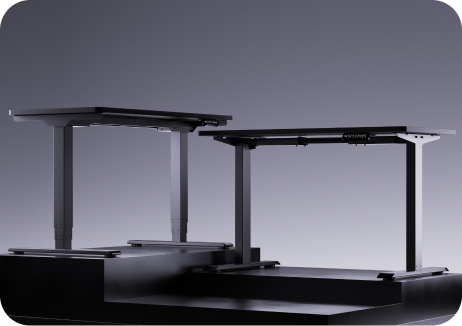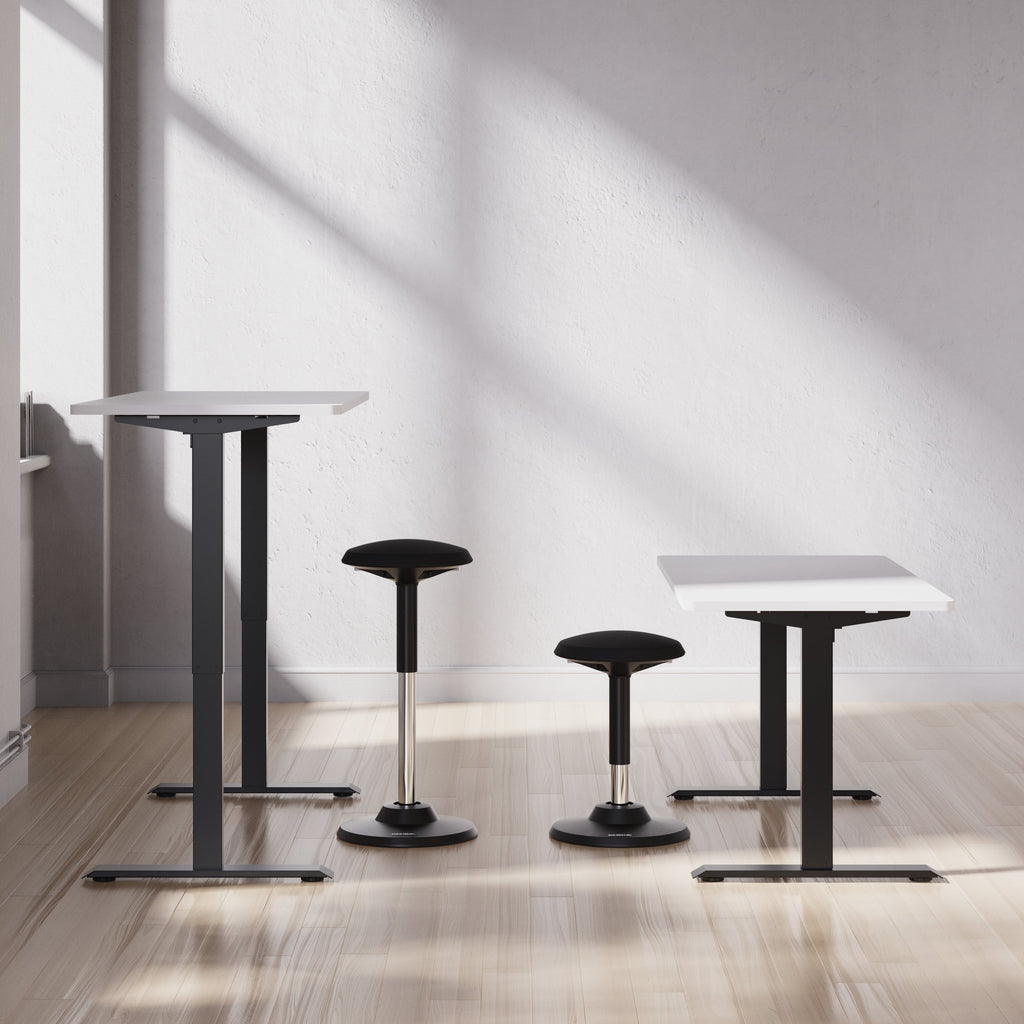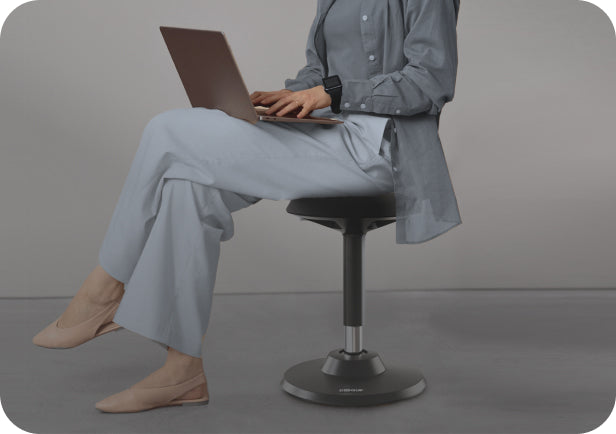Business Casual & Co. - Dress codes at your workplace

In very few professions today there is still a strict dress code - nevertheless it is possible that your employer prohibits or prescribes certain items of clothing, for example when contacting customers. In this article we look at what dress codes are and what they mean. We also explain what your employer may and may not specify in terms of dress codes at work.
Tip: In addition to the right clothing, things like ergonomic office equipment and attractive decoration can also contribute to better working behavior. In our desqup blogs you will find many exciting articles on these and other topics.
What is the dress code at work?
Most workplaces today no longer have a fixed dress code – it used to be much more common. In the 80s and 90s, a suit was still considered good form for most office jobs, but today normal casual clothes can be worn here. In general, the style of clothing in society today is much more relaxed than it was in the last few decades.
Nevertheless, there are some companies and industries that still specify a certain dress code or at least prohibit some items of clothing. These regulations can be used, for example, when there is personal customer contact on a daily basis. In this paragraph we explain the most important and most common dress codes at work and what they are called.
casualwear
This style of clothing is widespread in Germany, but is usually not explicitly mentioned in a dress code. With this dress code at work, clothing is worn that you also wear in your free time. The term "casual" comes from English and means loose or informal - suits and skirts are therefore rather too much of a good thing with this style of clothing.
The “casual” dress code at work includes, for example, classic jeans with sneakers and a shirt, for both men and women. Casual wear is practical and suitable for everyday use and should represent a modern appearance of your company.
business-casual
This dress code at work is the slightly smarter version of casual wear. You often find this style of clothing in business life, rather less in pure office jobs. Again, this is a style you could wear off-duty, just a little smarter. This style is used in many marketing and communication companies.
For women, jeans and a T-shirt are not part of business casual. You should wear a skirt and a blouse or a one-piece suit, for shoes, smarter white sneakers are also suitable. In addition, simple make-up is usually part of this dress code. Cloth trousers or chinos are suitable for men together with a white shirt or a slightly looser linen shirt. The shoes can be loafers or simply elegant sneakers.
Business Attire
You will find this dress code at work in only a few professions today. Typical professional groups include, for example, lawyers, tax consultants or bank employees. With this style of dress you want to see a complete suit including matching shoes and tie. Sneakers or jeans are a no-go here.
In addition to the right dress code, are you also interested in an ergonomic and healthy workplace? Then take a look at the desqup website , here you will find height-adjustable desks and ergonomic seating for your office.
Dress code in the workplace: what can the employer prescribe?
It is often said that clothing has a major impact on the appearance of the company. Your boss may use this statement to justify the dress code in your company. However, the comfort and will of the employees often suffer from these requirements - so what is your employer actually allowed to specify in relation to the dress code at the workplace?
Important: You must always know about the dress code in a company before you are hired, so it must be part of the employment or collective agreement. If he only gives you these specifications after you have been hired, this may be unlawful.
The regulations on the dress code in the workplace result primarily from an employment or collective agreement. In addition, your employer generally has the authority to issue instructions. These regulations tend to be primarily about corporate image and business interests, but security issues can also play a role. But even this right to issue instructions is not unlimited, the regulations must not be unlawful or disproportionate in individual cases.
Dress codes in the workplace due to business interests are among the most common form of dress codes. This is because, for example, a suit naturally radiates more seriousness than jogging pants with a shirt that is too big. The reason for this dress code in the workplace is that a certain appearance of the employees also affects the reputation of the company.
Dress codes in the workplace for safety reasons
Your employer can also prescribe a certain “dress code” at the workplace to ensure safety during the job. This includes, for example, wearing a safety helmet or safety shoes on the construction site. In addition, workers on machines can also be required to avoid wearing chains, rings or piercings to prevent accidents.
Tip: Would you like to work in a way that is easy on your back and make your office job as “safe” as possible? Then take a look at our height-adjustable desk desqup Pro here!
Your employer cannot forbid you to do this
In addition to some regulations that your employer can prohibit you from, they must also respect certain points related to the dress code in the workplace. Among other things, your employer must not prohibit the following:
- Arbitrary specifications for clothing may not be made. There must always be a legitimate interest of the employer behind it
- Specific dress codes must be set out in an employment or collective agreement and employees must be informed of this prior to hiring
- You do not have to pay for work clothes that are required by law yourself. Your employer always has to pay for this
- As a rule, your employer may not forbid you to have tattoos on non-visible parts of your body, as they do not change your appearance
Conclusion: dress codes at your workplace
Even today, dress codes can still be found in some workplaces – especially when there is intensive daily contact with customers and serious issues are involved. However, your employer's regulations must always be proportionate and serve a specific purpose - he must not make arbitrary specifications. If you have any doubts about the rules of your manager, you can always consult an employment law attorney.
We hope we could help you with this blog article!




























